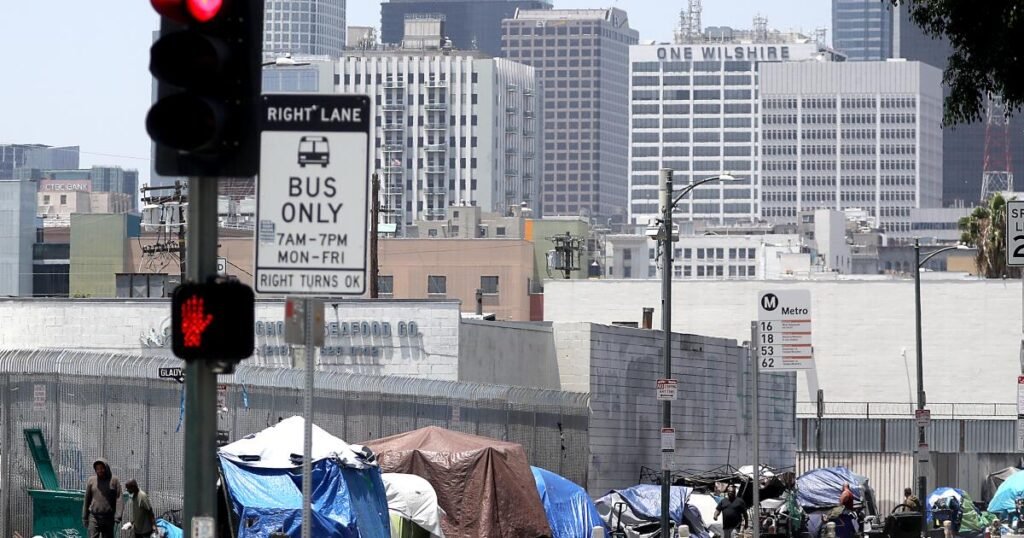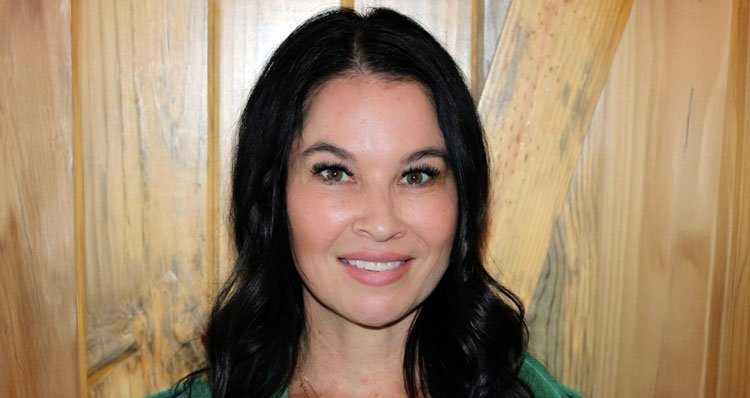The Supreme Court ruled Friday that cities in California and the West can enforce laws regulating homeless encampments on sidewalks and other public property.
In a 6-3 decision, the justices The 9th Circuit disagreed. A court has ruled that San Francisco's ban on homeless people sleeping on the streets and in parks is not “cruel and unusual” punishment.
“The problem of homelessness is complex,” Justice Neil M. Gorsuch wrote in a brief for the court. “Its causes are diverse, and therefore the public policy responses needed to address it are diverse. Fundamentally, the question this case raises is whether the Eighth Amendment gives federal judges the primary responsibility to evaluate those causes and design those responses. It does not.”
Gorsuch said the Eighth Amendment “does not permit federal judges to strip Americans of their rights and responsibilities and instead dictate the nation's homelessness policy.”
The other conservative justices concurred, while the three liberal justices dissented.
The ruling is a major victory for city officials across the west but a setback for homeless rights advocates, who since 2018 have won rulings from the 9th Circuit Court of Appeals that say it is unconstitutional to enforce anti-camping laws against people who have no home or place to sleep.
City officials said those rulings contributed to the proliferation of tent cities in Los Angeles and most cities on the West Coast. They joined an appeal to the Supreme Court seeking clarification of city authority over public property.
While today's ruling does not contain any provisions requiring cities or police departments to take tougher enforcement measures against homeless people, it does allow some cities and police departments to do so.
The trial took place in Grants Pass, Oregon, a city of 38,000 people with an estimated 50 to 600 homeless people and few shelters with the space to accommodate them all.
Homeless advocates say city police are fining and threatening people who live on sidewalks and in their cars, and that the city's goal is to “drive” these homeless people out of town.
They sued and won before a federal judge, who struck down the anti-camping ordinance, saying the city was essentially punishing homeless people.
The 9th Circuit Court of Appeals agreed with the ruling in a 2-1 vote, with Judge Rosalyn Silver writing, “The City of Grants Pass cannot enforce its anti-camping ordinance against homeless people for sleeping outdoors with minimal weather protection in violation of the Eighth Amendment, or for sleeping in their cars at night because they have no other place to go within the city.”
The 9th Circuit Court of Appeals subsequently upheld the decision by a 14-13 vote.
California Gov. Gavin Newsom and city attorneys for Los Angeles, San Francisco, San Diego and Phoenix are among 24 government and business groups that have asked the Supreme Court to hear the case. Appeal of Johnson v. Grants Pass and reversed the decision of the Ninth Circuit Court of Appeals.
A homeless case has only come before the Supreme Court once before, 40 years ago.
In 1982, a group called the Creative Nonviolent Community sought permission to hold a homeless awareness demonstration in Lafayette Square across from the White House, but their request included building a “symbolic tent city” to sleep about 50 people.
The National Park Service granted permission for the demonstration but denied a request to stay overnight in the park. Activists sued, arguing that the camping ban violated the First Amendment's protection of free speech. They lost in federal court, won in the U.S. Court of Appeals, and finally lost in a 7-2 Supreme Court decision in 1984.
Documents to be submitted to the court, Justice Byron White said the First Amendment allows for reasonable restrictions. “The time, place and manner” of the demonstration. “I have no difficulty in concluding that the Park Service may prohibit overnight sleeping in the park at issue here,” he wrote.







